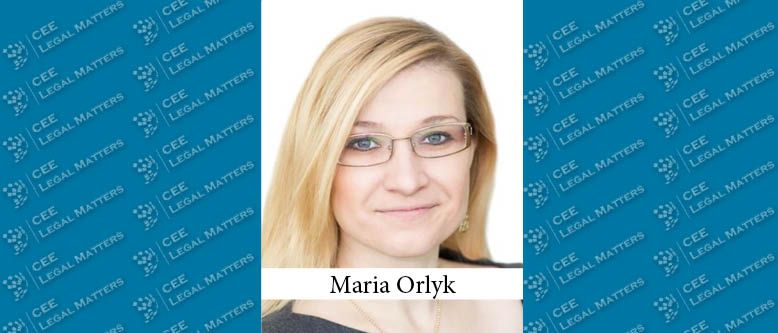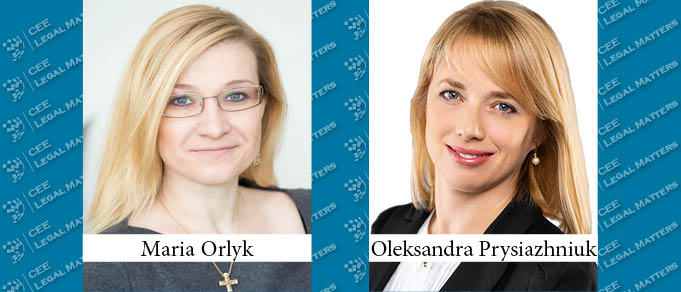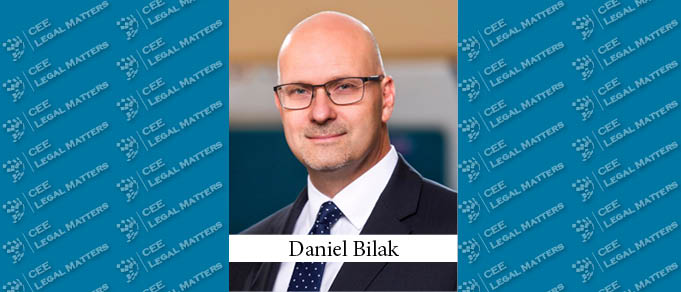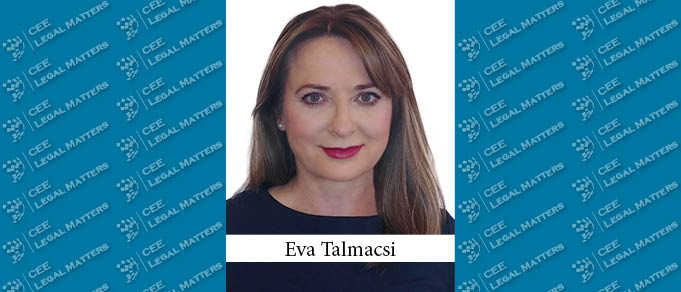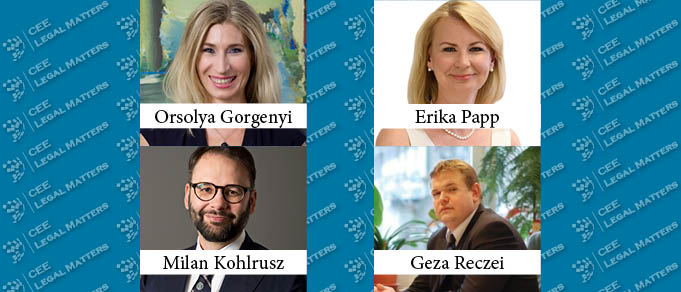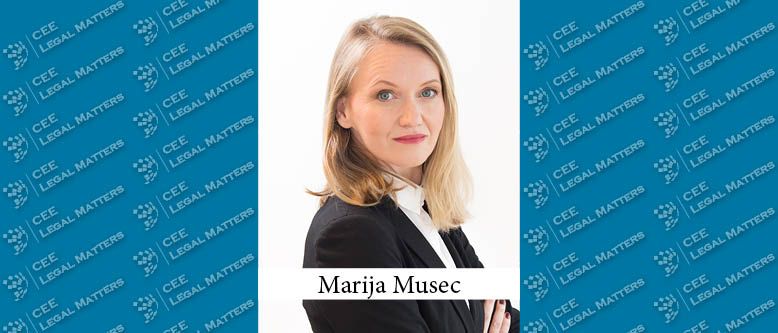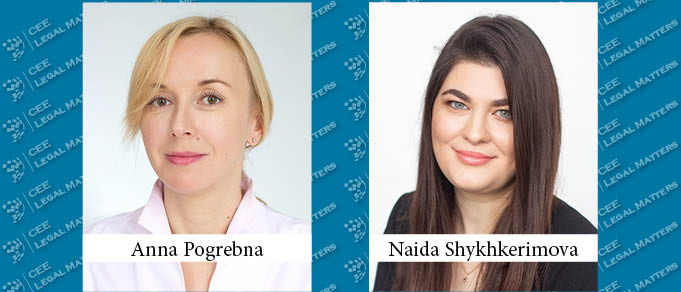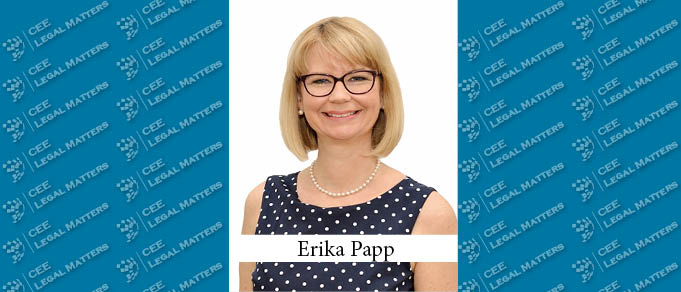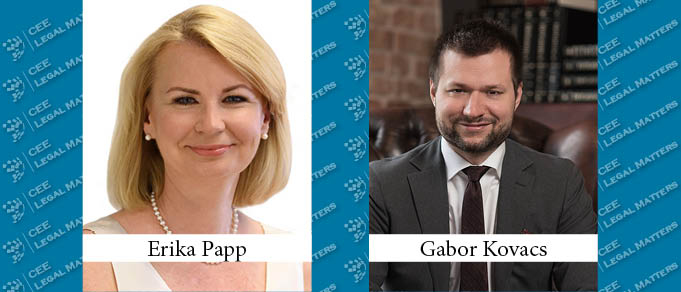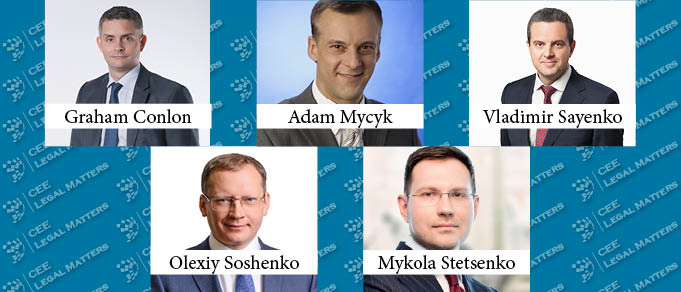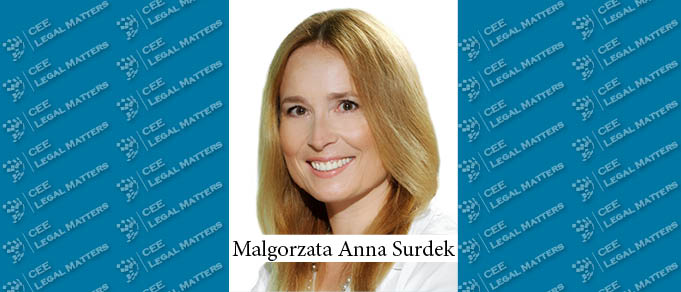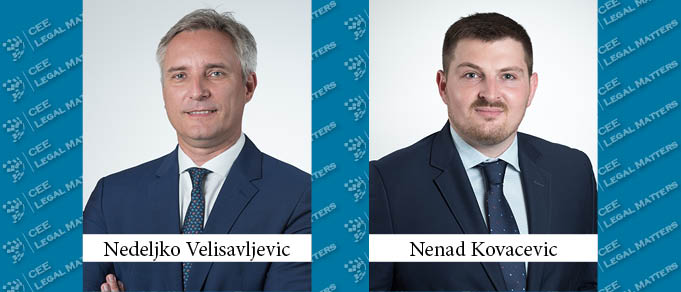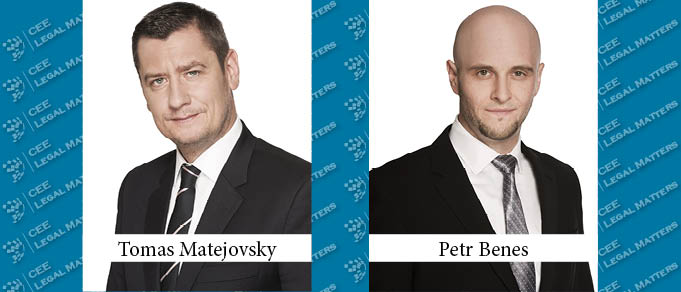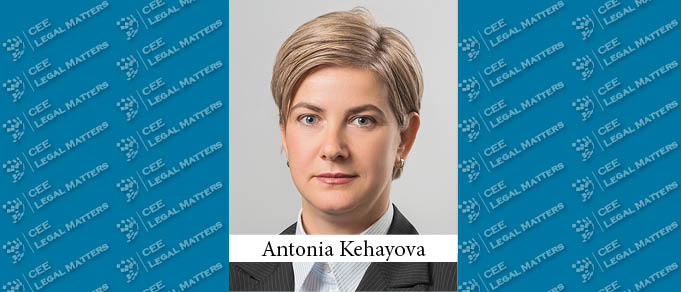2019 was an outstanding year for Ukrainian gas sector, as the country managed to complete the most critical parts of the unbundling of the gas transmission system in a timely manner. The year was also remarkable because, in twelve months, we saw three different unbundling models proposed by the Government, forcing the participants of the unbundling process and the key stakeholders to quickly adapt to the new rules and scenarios. For most of the year the country planned to implement an ownership unbundling model. However, in September 2019, before the third round of trilateral Ukraine-Russia-EU talks on gas transit, the unbundling plan took a U-turn, when the newly appointed Ukrainian Government, in its Resolution 840 (the “New Unbundling Resolution”), decided to switch to the independent system operator (ISO) model.
Changes Expected by Joint Stock Companies in Ukraine
Since 2008 joint stock companies in Ukraine have functioned under a special corporate governance law (the “JSC Law”), which has improved through the course of its existence. Year after year, with the help of the SEC and the business community, Ukrainian legislators have introduced profound amendments to the law to bring corporate governance in JSCs in Ukraine closer to European standards, to attract foreign investments, and to insure adequate protection of rights of various stakeholders (minority shareholders, creditors, etc.) As a result, Ukraine has moved up in the World Bank’s Doing Business ranking, and in 2020 the country ranks 64th in the ease of doing business and 45th in the minority shareholders protection component.
Expat on the Market: Interview with Daniel Bilak of Kinstellar
Daniel Bilak is the former Managing Partner at CMS Kyiv, Chairman of UkraineInvest, and new Senior Counsel at Kinstellar, on his diverse background and fascinating career.
Marketing Law Firm Marketing: Childhood Dreams
We decided to lighten the mood this time around by asking our Law Firm Marketing experts from across the region a non-law-firm related question: “What did you most want to be when you were little?”
The Big Deal: Interview with CMS’s Eva Talmacsi About OTP/Societe Generale Acquisitions
Over the past few years CMS advised the OTP Bank Group on an extensive series of acquisitions across Bulgaria, Moldova, and former Yugoslavia. This series of separate deals was shortlisted for CEE Legal Matters’ CEE Deal of the Year in each of the countries involved, actually winning the 2018 Deal of the Year for Bulgaria and the 2019 Deal of the Year Award for Montenegro. We reached out to Eva Talmacsi, who led CMS’s multi-jurisdictional team, to learn more about the firm’s impressive work on OTP’s behalf.
Raising The Bar: Hungary’s New CLE Requirements for Lawyers
On January 1st, 2020, the Hungarian government adopted new legislation making continuing professional education compulsory for lawyers, post-qualification, along the lines of post-certification training and education that tax advisors and accountants had been forced to obtain for many years.
Croatia: Advertising Medical Devices in Croatia – Barely Regulated, but Heavily Monitored
Advertising of medical devices is a significant market activity in the regulated pharma industry. Companies are always in search of new tactics and business strategies to remain competitive in the market and to attract new customers, in conditions of fierce market competition.
Ukraine: New Initiatives in IP Protection in the Pharma Sector
In the European Commission’s January 8 Report on the protection and enforcement of intellectual property rights in third countries, Ukraine was identified as a Priority 2 country. This category includes countries with systematic problems in the area of intellectual property protection and enforcement, causing significant harm to EU countries.
The Changing Banking Sector in Hungary and its Legal Challenges
The Hungarian banking sector enjoyed a banner year in 2019, but still faces challenges. Legislative changes are creating more aggressive competition between banks, which in turn are cutting fees and demanding flexible financing structures in order to survive. Although some banks are unwilling to take part in these practices, one thing is certain: All banks must adapt to the new regulatory environment. I’ve outlined some of the major challenges that Hungarian banks face in the near future.
Inside Out: Pannonia Bio Bond Issuance
On September 20 2019, CEE Legal Matters reported that BLS had advised Pannonia Bio Zrt. – a company operating a biorefinery in Tolna County, Hungary, that is the largest ethanol plant in Europe – and that CMS Hungary had advised OTP Bank Plc. on Pannonia Bio’s issuance of the first Hungarian forint bond in line with the Central Bank of Hungary’s Bond Funding for Growth Scheme.
Volodymyr Zelensky: Servant of the People?
Before being elected President of Ukraine last May, Volodymyr Zelensky had virtually no experience in public office. Despite his inexperience – or perhaps because of it – over 73% of the electorate concluded that the comedian and entertainer was the right man to replace Petro Poroshenko, the previous President, and now Zelensky finds himself, at 41, leading an entire nation.
The Corner Office: 2020 Initiatives
In The Corner Office we ask Managing Partners across Central and Eastern Europe about their unique roles and responsibilities. The question this time around: What major initiative or new plan does your office (or firm) plan – if any – for 2020?
Practice Under Pressure: Bosnia Bounces Back
Part II of our Special Report on the Bosnian Legal Market before, during, and after the Bosnian War
Poland: The Rising Tide of Climate-Change-Related Risks and Disputes
Climate change-related risks have climbed to the top of the agenda of various stakeholders across the globe: governments, international organizations, NGOs, businesses, and ordinary citizens. The Global Risk Report 2020, presented this year at the World Economic Forum in Davos, demonstrates that climate-related risks – including extreme weather, climate action failure, natural disasters, biodiversity loss, and human-made environmental disasters – are among the top five long-term risks over the next ten years. Most notably, according to survey respondents, the failure of climate change mitigation and adaptation is this year’s number one long-term risk by impact. The report underscores that, in the 2020s, “concerted action is required not only to reduce emissions but also to develop credible adaptation strategies, including climate-proofing infrastructure, closing the insurance protection gap, and scaling up public and private adaptation finance.”
Serbia: Arbitration – Justified Fear of Cost or Unjustified Lack of Understanding of Cost?
When it comes to resolving disputes between contracting parties, the threat, “I’ll see you in court!” often is the first thing to cross peoples’ minds. This call to arms is still common, despite the availability now of different dispute resolution methods, such as arbitration.
Practical Aspects of the Use of Prorogation Clauses Under Czech Law
Prorogation clauses are forum-selection clauses in contracts between entrepreneurs, who agree in writing on the local jurisdiction of a first-instance court for disputes arising out of or in connection with their business matter, unless the law states otherwise and prescribes an exclusive jurisdiction. It is possible to enter into a separate prorogation agreement instead of a contractual clause with the same effect.
New Consumer Protection Rules Introduced for Order for Payment Proceedings in Bulgaria
The “order for payment procedure” was initially introduced in Bulgaria with the adoption of the new Civil Procedural Code in 2007 as an accelerated enforcement procedure for debt collection. This procedure provides creditors with a relatively fast and easy way to obtain an enforcement order against debtors. In general, the order for payment procedure is like a closed administrative procedure and requires only the submission of a standard application form and payment of a state fee of 2% of the amount claimed.
The Viennese Waltz
Attendees to the 2019 CEELM Winter Party were cornered, over the course of the evening, and asked, without warning or an opportunity to prepare, what achievement over the past 12 months they were proudest of.

